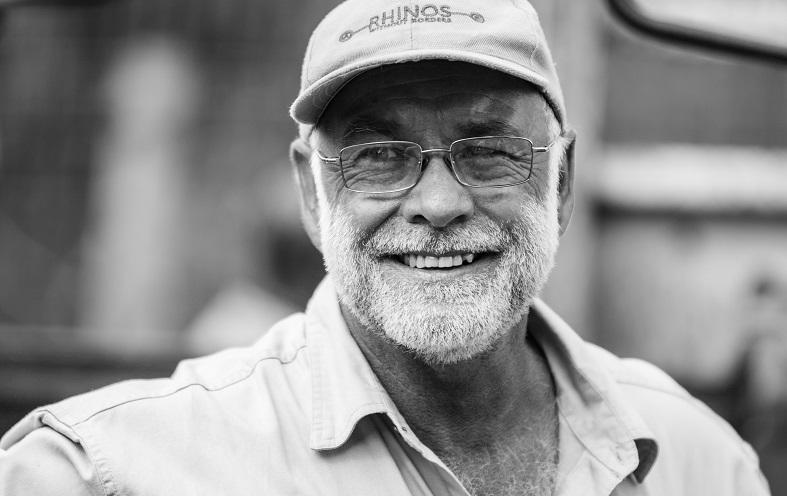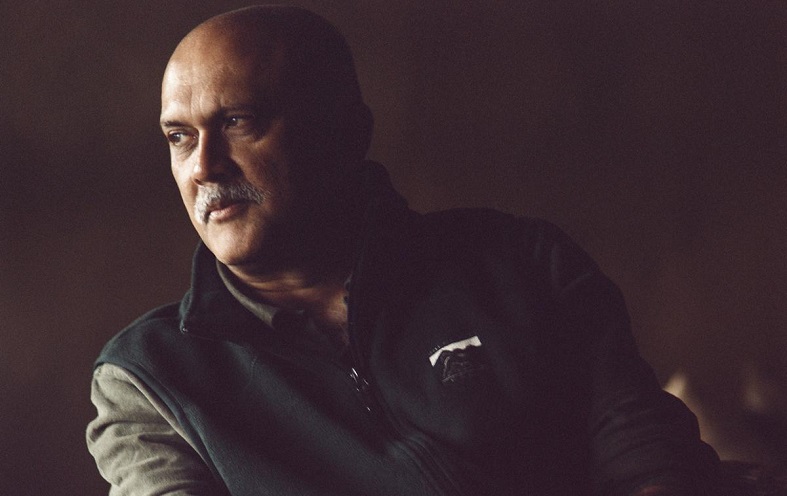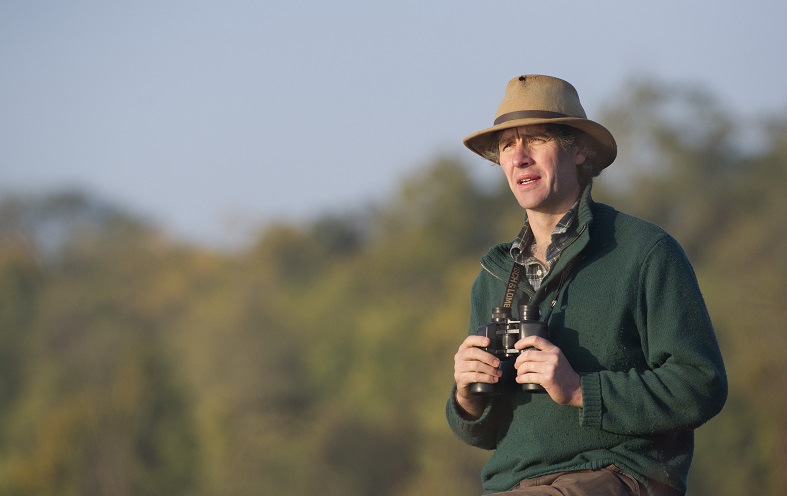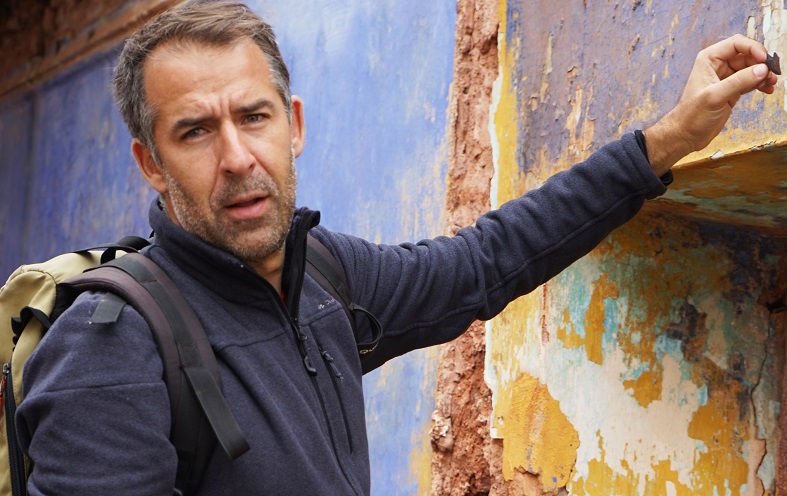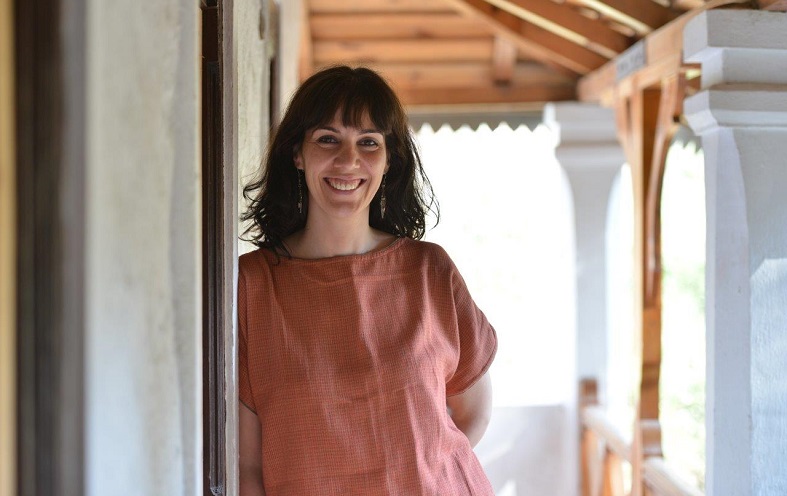
Rural poverty is one of the biggest threats to environmental conservation, which brings to light the need for effective involvement of local communities. By including the locals in tourism businesses, not only will those feel empowered but it also helps them financially.
Greg Bakunzi, Founder of the social enterprise Red Rocks Rwanda, in this interview shares how his organization engages local communities in Rwanda in responsible tourism initiatives and thereby helps to ensure the conservation of their cultural heritage, as well as the natural environment. He also shares how COVID-related travel restrictions affect destination communities and why small tourism businesses need to come together in these difficult times to overcome the economic hardships caused by the pandemic.
Greg, do you remember the first time you heard about conservation in connection with tourism? What got you interested in the topic?
When I started the gorilla business 18 years ago as a tour operator, my idea was to link tourism and conservation together. This benefits the local population residing on the slopes of the volcanoes, by involving them in conserving the rare mountain gorillas, since they benefit from the resulting tourism economy. I started a non-governmental organization which emphasized initiatives related to rural development projects – Red Rocks Initiative For Sustainable Development.
What distinguishes Red Rocks Rwanda from other tour operators in Africa?
Red Rocks as a social enterprise differs from other tour companies in that we try to incorporate tourism with cultural activities, which directly benefit the locals and include them in the tourism value chain. Locals get a say in the organization structure of my company and we involve them in all our daily activities.
Which issues does a responsible travel business like Red Rocks Rwanda struggle most with?
At the moment, the most critical issue we are facing is to cope with the effects of COVID-19. No tourists are coming to visit us and the local population is struggling to make ends meet. We try our best to assist them during these challenging times. At the moment, because the disease is still with us, trying to support the locals and making sure they are well and fed can be hectic. That’s the only critical issue we are encountering right now.
The current coronavirus pandemic has hit the travel industry hard this year. How has your business been affected? And has your strong focus on responsible travel somehow helped you master the situation (has it made you more resilient)?
The current situation of the coronavirus pandemic drastically affects our business. We used to entertain tourists who in return participated in our cultural activities. And also, tourists used to purchase souvenirs from the arts and crafts made by the locals, which helped those to be in a better position to pay for their children’s school fees, health insurance, food and other necessities needed to make a family happy.
At the moment we do what we can to assist the locals, but if the pandemic continues we will not be able to help them sustain themselves. But all in all, we are in the process of advocating for domestic and regional tourism. Once we are able to open up our borders and allow regional travel, maybe we will be in a position to be more resilient.
Which entrepreneurial lessons or key sustainability insights from Red Rocks Rwanda can you share with other tourism professionals and businesses?
What I can assure my fellow tourism professionals is to use and/or develop local networks. It is important in these challenging times that tourism businesses come together to draw upon each other’s strengths, experiences and ideas; to develop a plan for the future.
Marketing: To stay ahead, this is an ideal time to work on creating or re-examining your marketing strategy and re-evaluating and refreshing website content.
Maintenance and upkeep: This is an opportunity to consider a refresh; a touch of paint, a rearrangement of furniture or soft furnishings, a deep clean and completing any upgrade on accommodation units.
Which are the keys to a successful, responsible ecotourism business nowadays?
Make optimal use of environmental resources that constitute a key element in tourism development, maintaining essential ecological processes and helping to conserve natural heritage and biodiversity.
Respect the socio-cultural authenticity of host communities, conserve their built and living cultural heritage and traditional values, and contribute to inter-cultural understanding and tolerance.
Ensure viable, long-term economic operations, providing socio-economic benefits to all stakeholders that are fairly distributed, including stable employment and income-earning opportunities and social services to host communities, and contributing to poverty alleviation.
Where do you see opportunities to be seized in Africa right now, in terms of making its tourism offerings more sustainable, or encouraging responsible travel?
We all need to advocate for responsible travel, by educating overseas tour operators of the need of supporting responsible tourism, which obviously means that the locals are to be part of the tourism value chain. And by involving them they become ambassadors for conservation processes, which are needed for the sustainability of the national parks in Africa.
Secondly, responsible tourism will also assist most Africans to preserve their cultural heritage for future generations.
Thank you, Greg.
Connect with Greg Bakunzi on LinkedIn. Find out more about Red Rocks Rwanda and how you can get involved as a visitor or offering support on its website, Twitter or Facebook.
Enjoyed our interview with Greg Bakunzi on the impacts of the coronavirus pandemic and the importance of involving rural communities into the tourism value chain as a way to support conservation and sustainable tourism? Thanks for sharing!


